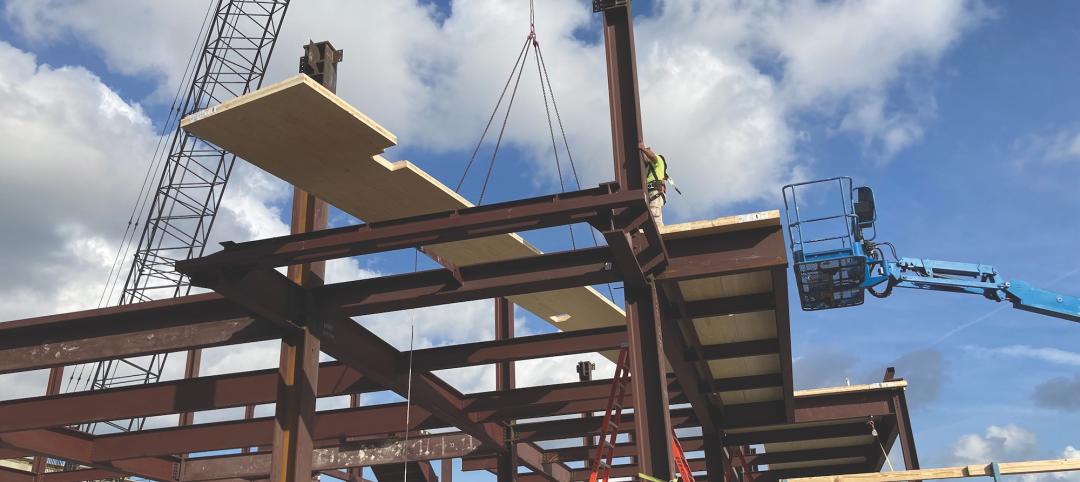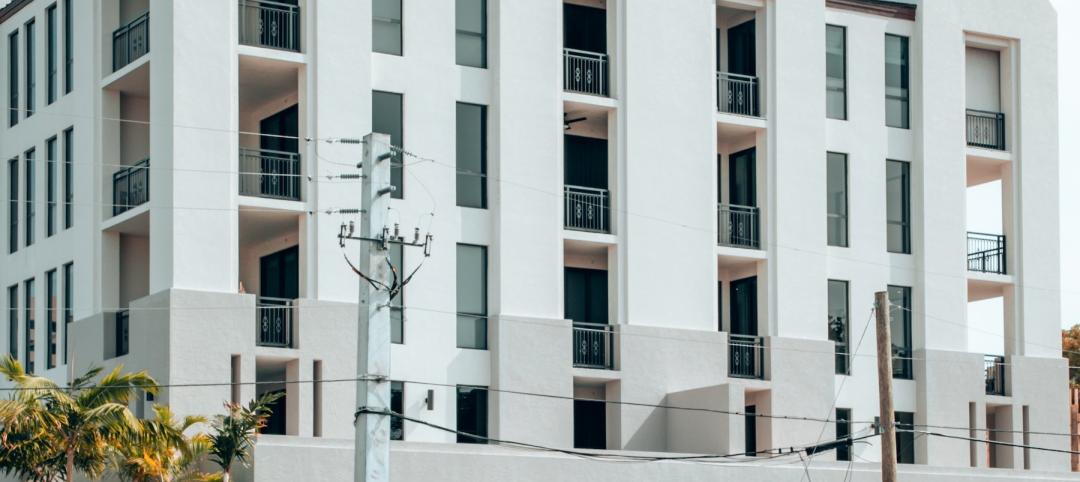Though the pandemic led to reductions in office leasing by financial services firms in gateway markets, a recent report by JLL found a notable leasing resurgence by those firms.
Since 2022, gateway markets—Boston, Chicago, Los Angeles, New York, San Francisco, Seattle, and Washington, D.C.—accounted for nearly 44% of the total space leased by financial services firms. This improvement has resulted in a rebound to pre-pandemic norms. At the pandemic’s peak in 2020 and 2021, the share of financial services leasing in gateway markets fell from 42% in 2019 to 34%.
The occupancy rebound is good news for major financial services hubs that had been experiencing occupancy reductions in offices within urban cores. The improvement appears to have staying power. Financial services companies are prioritizing talent cultivation and innovation, and continue to prize centralized locations in key financial services hubs to maintain a robust talent pipeline and achieve long-term business goals, JLL says.
Demand in growth markets—Atlanta, Austin, Charlotte, Dallas, Denver, Miami, Nashville, Phoenix, Raleigh, and San Diego—remains resilient and accounts for a fifth of overall financial leasing. But near-term growth in those cities is expected to be at a slower pace than the post-pandemic response, as firms maintain expense discipline.
Related Stories
Industry Research | Nov 8, 2022
U.S. metros take the lead in decarbonizing their built environments
A new JLL report evaluates the goals and actions of 18 cities.
Resiliency | Nov 8, 2022
Oregon wildfire risk law prompts extensive backlash from property owners
A bipartisan bill aimed at protecting property owners from wildfires that was passed by the Oregon legislature has prompted a strong backlash.
Green | Nov 8, 2022
USGBC and IWBI will develop dual certification pathways for LEED and WELL
The U.S. Green Building Council (USGBC) and the International WELL Building Institute (IWBI) will expand their strategic partnership to develop dual certification pathways for LEED and WELL.
Sponsored | Steel Buildings | Nov 7, 2022
Steel structures offer faster path to climate benefits
Faster delivery of buildings isn’t always associated with sustainability benefits or long-term value, but things are changing. An instructive case is in the development of steel structures that not only allow speedier erection times, but also can reduce embodied carbon and create durable, highly resilient building approaches.
Building Team | Nov 7, 2022
U.S. commercial buildings decreased energy use intensity from 2012 to 2018
The recently released 2018 Commercial Buildings Energy Consumption Survey (CBECS) by the U.S. Energy Information Administration found that the total floorspace in commercial buildings has increased but energy consumption has not, compared with the last survey analyzing the landscape in 2012.
Codes and Standards | Nov 2, 2022
New York City construction official wants to boost design-build
The new associate commissioner of alternative delivery in New York City’s Department of Design and Construction aims to encourage more design-build project delivery in the city.
| Nov 1, 2022
Updated Florida building codes helped newer homes withstand Hurricane Ian
Newer homes seemed to fare much better than older structures during Hurricane Ian, suggesting that updated Florida building codes made a difference.
Data Centers | Oct 31, 2022
Data center construction facing record-breaking inflation, delays
Data center construction projects face record-breaking inflation amid delays to materials deliveries and competition for skilled labor, according to research from global professional services company Turner & Townsend.
Energy Efficient Roofing | Oct 28, 2022
Rooftop mini turbines can pair with solar panels
A new type of wind turbine can pair well on roofs with solar panels, offering a double source of green energy generation for buildings.
Codes and Standards | Oct 27, 2022
Florida’s Surfside-inspired safety law puts pressure on condo associations
A Florida law intended to prevent tragedies like the Surfside condominium collapse will place a huge financial burden on condo associations and strain architecture and engineering resources in the state.

















